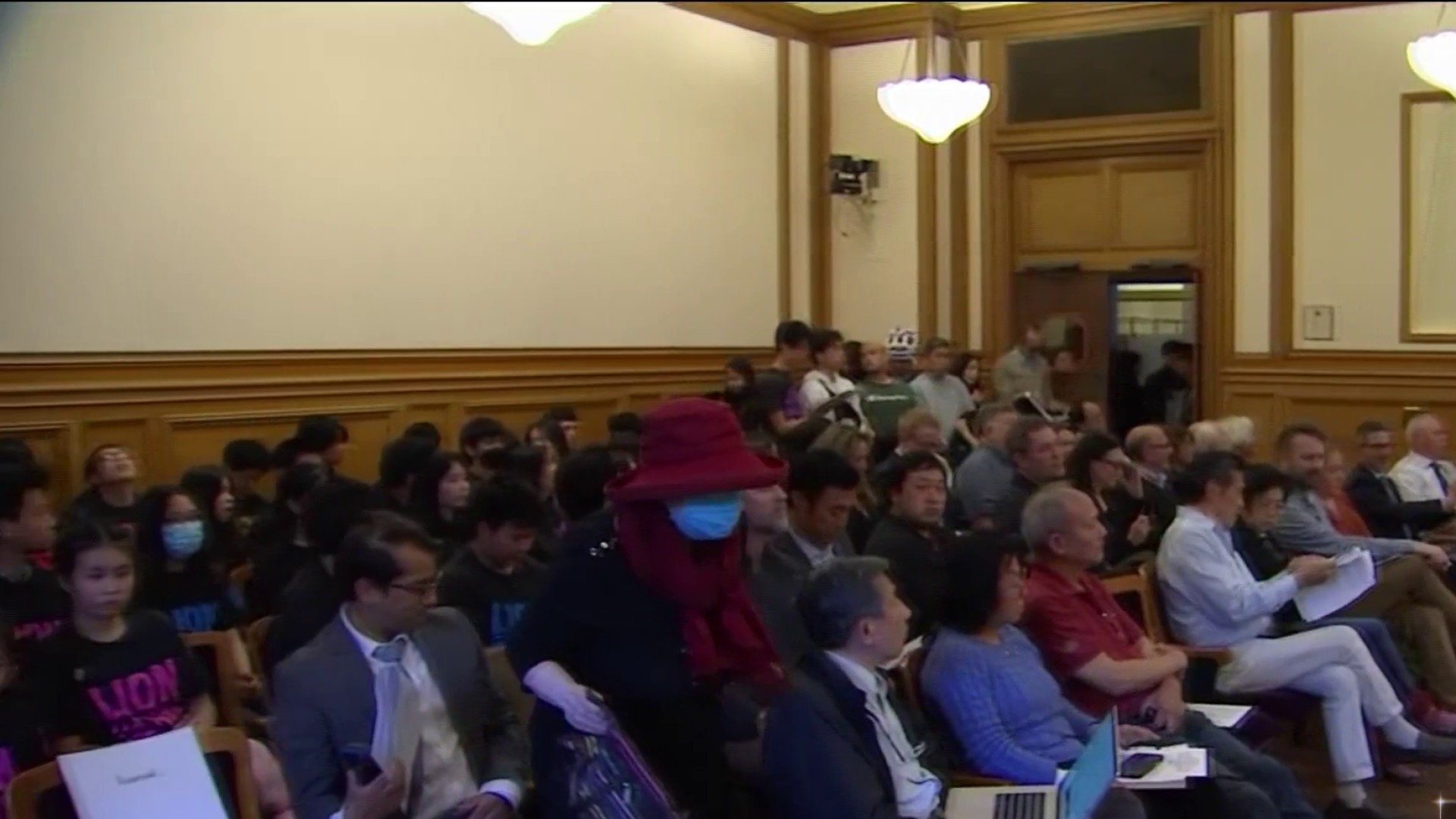Walnut Creek police officers will soon be equipped with body-worn cameras, a program that will roll out over the course of the next year and cost $566,719.
The budget, first discussed in November but approved on Tuesday, includes money for the purchase of 100 cameras and cloud storage, and the hiring of three police service officers, a part-time records technician and a program manager. It also includes two cars for the service officers.
The small, lightweight VieVu cameras will roll out in phases, but Chief Tom Chaplin said the goal is to have all 84 officers — from those in field training to investigations to reserve officers — wearing the cameras by next year. The remaining cameras will be stored in the event one malfunctions or breaks.
VieVu, a large manufacturer of body cameras, markets the devices as “made by cops for cops.” The police department has been authorized to enter a three-year contract with the company, with operating and equipment costs estimated to run about $55 per month, per camera.
Body cameras have been hailed nationwide as a key tool to improve police oversight and rebuild waning community trust after a slew of high profile police shootings raised questions about use of force. For the most part, police have also embraced the technology, believing the recordings can exonerate innocent officers from misconduct allegations.
In Walnut Creek, where there have been relatively few conduct complaints, 92 percent of residents surveyed at a 2015 town hall said they approved of a body camera program. About 86 percent of polled residents agreed the technology would make police more accountable, while 82 percent said it would improve public trust, according to a staff report.
Research shows the deployment of body cameras has reduced the number of complaints against officer conduct. A study from the University of South Florida also found devices contributed to significant reductions in the number of civilian injures, and of injuries to officers.
Local
Sgt. Andy Brown said the cameras could also be used for training purposes, evidence collection and crime scene investigations. He touted the relationship between the community and its police.
“We get tremendous support from the public here in Walnut Creek,” Brown said. “That’s a great position to be in, but we feel like body worn cameras can only strengthen or at least maintain that level of trust for our police department...we value the fact that we can show our officers doing the job, and we’re not afraid to put out there how we perform our duties.”
Some national advocacy groups have questioned whether the use of cameras, which are clipped to an officer’s uniform at the chest, constitute an invasion of privacy. Others have taken issue with the fact that most cameras can be turned on or off at an officer's discretion.
In Walnut Creek, the guidelines stipulating camera use are more of a recommendation or “should, not shall” policy, Brown said. Generally speaking, an officer is advised to turn on the camera when interacting with the public.
“Any time an officer reasonably believes that the recording will be beneficial for evidence in a criminal investigation, or any other interaction with the public where it could be of use, then the officer should go ahead and turn it on,” Brown said.
The release of footage will follow the California Public Records Act. Law enforcement agencies can — and often do — claim exemption from the public records law by arguing that videos are criminal evidence, but Brown said the department would consider releasing video footage in situations where it could potentially “provide some clarity of an incident" or assist in an investigation.
The camera program, he said, was ultimately to help sustain what is already a collaborative relationship between the public and the department.
“We are getting great support, and it’s not an issue — people are not clamoring for it — but we recognize that there’s value in having the program for positive community relations," he said.



